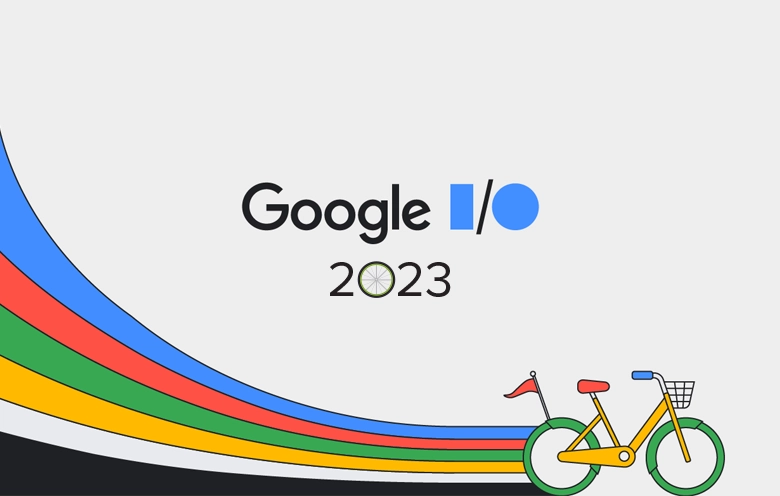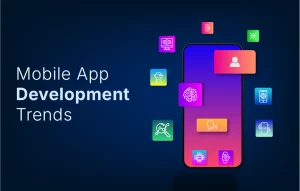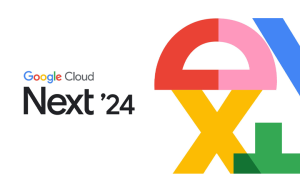Welcome to Google I/O 2023, where innovation meets imagination! As one of the most anticipated tech events of the year, Google I/O continues to push the boundaries of what’s possible. It unveils groundbreaking technologies and shapes the future of digital experiences.
This year’s conference was no exception. Google unveiled a range of new technologies and features that harness artificial intelligence (AI) to enhance user experiences across its products and services. Let’s dive into the highlights of the new technologies introduced and the state-of-the-art facilities they bring along.
AI Enhancements in Gmail, Google Maps, and Google Photos:
This year, Google emphasized the positive impact of AI on people’s lives. The event started by highlighting the integration of generative AI into Gmail, Google Maps, and Google Photos, offering users advanced features and simplifying everyday tasks.
In Gmail, Google introduced the “Help Me Write” feature, which generates full email drafts based on prompts. This innovative tool helps users in compose emails more efficiently and effortlessly.
For Google Maps, Google announced “Immersive View for Routes.” This feature provides users with a bird’s-eye view of their entire trip, accompanied by additional information such as air quality, traffic updates, and weather conditions. This enhancement enables users to make more informed decisions while navigating.
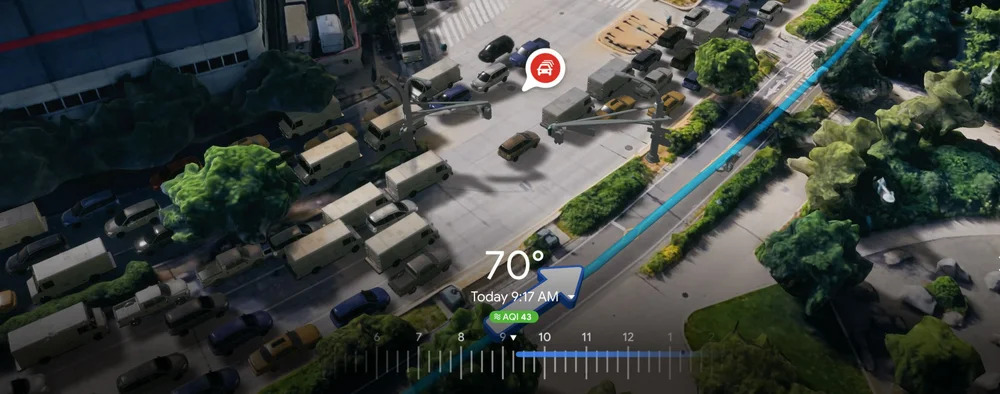
Source: https://blog.google/technology/developers/google-io-2023-100-announcements/
In Google Photos, the “Magic Editor” was introduced, an AI-powered feature that enhances photos by removing unwanted distractions, adjusting lighting, and making other edits. With the Magic Editor, users can easily transform their photos into visually stunning masterpieces.
Evolving AI for knowledge, creativity, and productivity:
Google’s mission to organize the world’s information and make it universally accessible and useful was emphasized during the conference. The company aims to make AI helpful for everyone by focusing on four key areas:
1. Improving knowledge and learning
2. Boosting creativity and productivity
3. Enabling developers and businesses
4. Building and deploying AI responsibly
Google showcased its commitment to advancing AI research and development through the introduction of PaLM 2 (LLMs), its latest foundational research model. PaLM 2 excels at complex tasks like code and math reasoning, classification, question answering, translation, multilingual proficiency, and natural language generation.
PaLM 2 offers enhanced capabilities across various tasks and sizes. and it is used in other specific domains such as security and medicine, represented by Sec-PaLM 2 and Med-PaLM 2, respectively. This development opens new possibilities for AI applications in critical fields. Additionally, it has been trained on a diverse range of multilingual texts, encompassing over 100 languages, enabling it to comprehend and produce nuanced outcomes.
To combat misinformation and ensure authenticity, Google incorporated watermarking and metadata techniques into its generative AI models. These techniques help identify synthetically generated content, providing transparency and context for users. By integrating these measures, Google aims to promote responsible AI usage and mitigate AI-generated content misuse.
Google has recently combined their two teams, the Brain Team and DeepMind, into Google DeepMind, focused on building more capable and responsible AI systems.
Google’s upcoming innovations include Gemini, the next-generation foundation model currently undergoing training. Gemini is meticulously designed for multimodality, with a strong focus on seamless integration with tools and APIs, to facilitate future advancements in memory and planning. Despite being in the early stages, Gemini has already demonstrated remarkable multimodal capabilities that surpass previous models.
Once the fine-tuning process is complete and extensive safety testing has been conducted, Gemini will be made available in different sizes and capacities, similar to PaLM 2.
Expanding AI capabilities and collaborative features
Google’s vision of making AI helpful for everyone was further exemplified through the introduction of new technologies and collaborative features across their platforms.
1. Bard
Empowering developers with Conversational AI Bard, an experiment with conversational AI, has evolved to support programming capabilities, improved reasoning, and math problem-solving. Running on the powerful PaLM 2 model, Bard assists developers by generating code, offering suggestions for code improvement and providing explanations and clarifications. It has become an invaluable tool for developers, helping them streamline their coding process and enhance productivity.
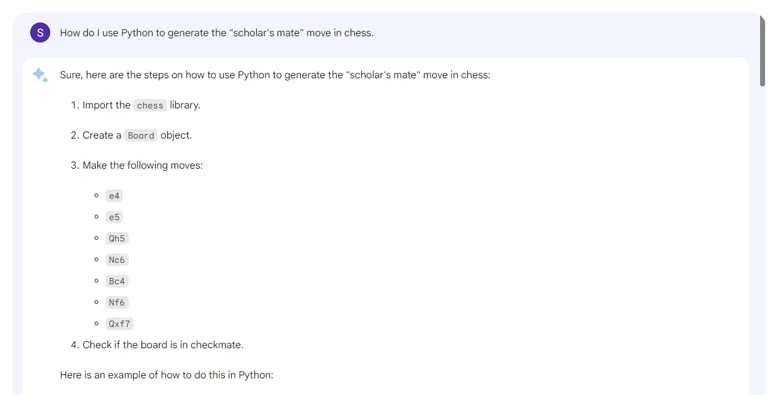
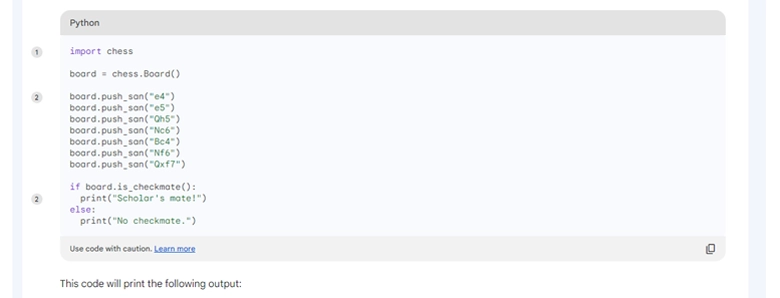
Source: https://www.youtube.com/watch?v=cNfINi5CNbY&t=401s
2. Workspace integration and AI collaboration
Google is integrating AI collaboration features into its Workspace apps, including Gmail, Docs, Sheets, and Slides. AI can now assist users with tasks such as writing job descriptions, organizing data in Sheets, and generating images for Slides presentations. These features empower users to be more productive, creative, and efficient in their daily work.
3. Google Meet enhancements for remote collaboration Google Meet
The widely used video conferencing platform has been upgraded with various features to enhance remote collaboration. Users can now benefit from AI-powered capabilities like real-time noise cancellation, automatic transcription, and intelligent participant framing. These improvements are designed to make virtual meetings more engaging and efficient, enabling participants to concentrate on the conversation without interruptions.
Exciting facilities and sustainable initiatives
In addition to technological advancements, Google I/O also unveiled impressive facilities and initiatives that reflect Google’s commitment to sustainability and community development.
Google Sustainable Data Centers
Google announced plans to establish sustainable data centers in various locations worldwide. These data centers will prioritize renewable energy sources, reducing carbon emissions and environmental impacts. Google’s investment in sustainable infrastructure aligns with its mission to operate with a minimal ecological footprint and contribute to a greener future.
Community Development Initiatives
Google introduced initiatives aimed at supporting local communities. One notable project is the Google Developer Space, a hub designed to foster collaboration, innovation, and skill development among developers. These spaces will provide resources, mentorship programs, and training to empower developers and entrepreneurs, ultimately driving economic growth and technological advancement.
Introducing Labs and new the Search Generative Experience (SGE)
Google has introduced a new program called Labs, which allows users to preview upcoming experiences in Workspace and other products. Labs has been used to gather feedback and provide early access.
Google has been investing in AI to improve search and make it more intuitive. They have made advancements in language understanding, allowing users to ask questions more naturally and find relevant content.
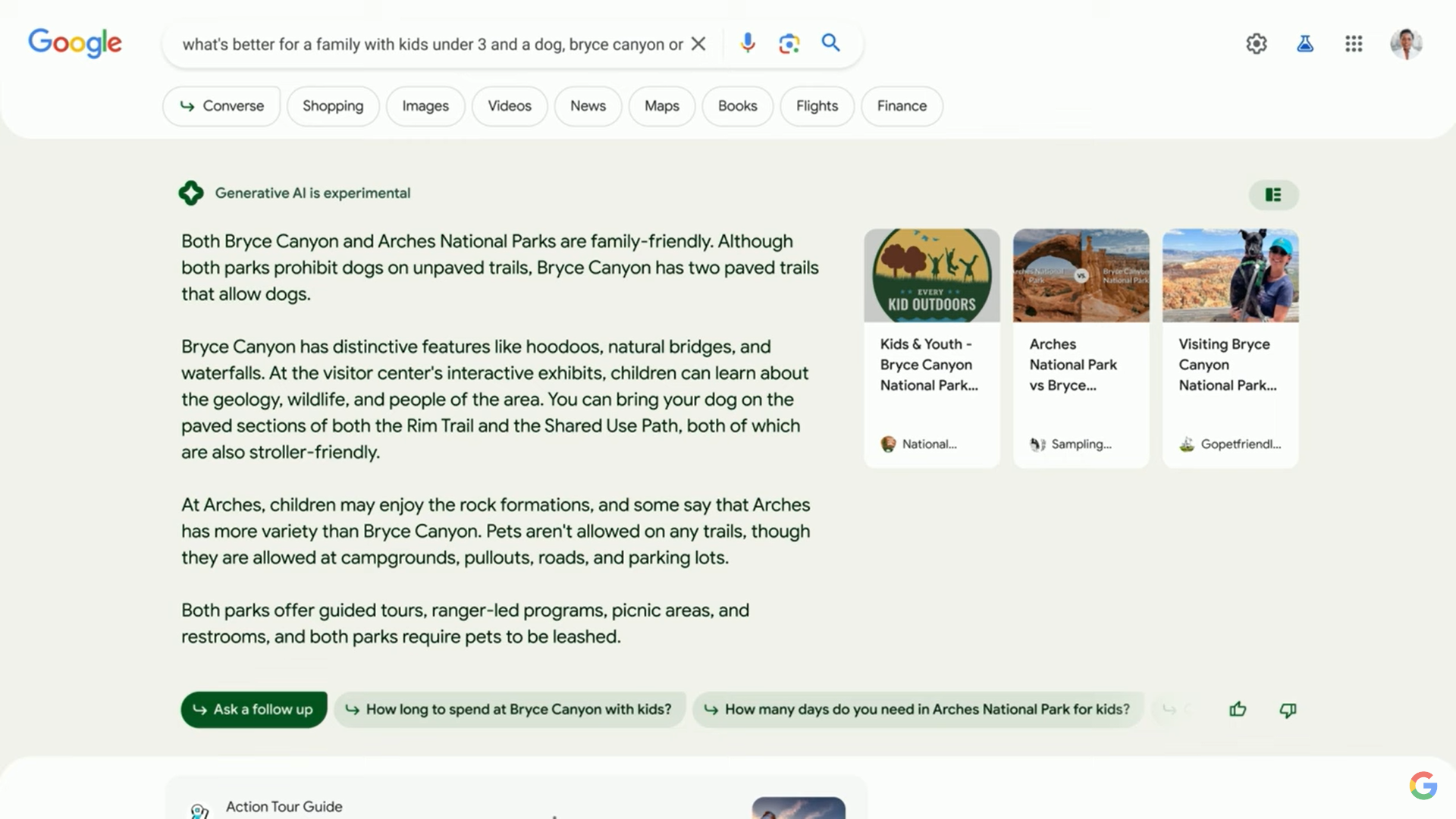
Source: https://www.youtube.com/watch?v=cNfINi5CNbY&t=401s
Computer vision advancements introduced visual search through Google Lens, enabling users to search using images. Multi-search combines image and text searches.
To ensure responsible innovation, Google is launching their new Search Generative Experience in Labs first. This recognizes the importance of maintaining a high standard of information quality and earning the users’ trust.
Driving progress with Android
Google is expanding its range of AI-powered devices with the introduction of the Pixel 7a, Pixel Fold, and Pixel Tablet. These devices are designed to work together as part of a complete ecosystem. The Pixel 7a is already available for purchase, while pre-orders for the Pixel Fold and Pixel Tablet have opened. These Google devices have advanced AI.

Source: https://blog.google/technology/developers/google-io-2023-100-announcements/
Google introduced additional features like Magic Compose, Cinematic Wallpapers, and Generative AI Wallpapers. This makes the phone experience even more unique and tailored to users’ preferences.
Conclusion
Google I/O showcased an impressive array of technologies and facilities, emphasizing the transformative power of AI and Google’s commitment to responsible development. With enhanced user experiences, collaborative features, and sustainable initiatives, Google continues to push the boundaries of innovation while prioritizing the well-being of users and the planet. The unveiled advancements undoubtedly set the stage for a future where AI-driven solutions play a central role in making people’s lives easier, more productive, and more sustainable.


